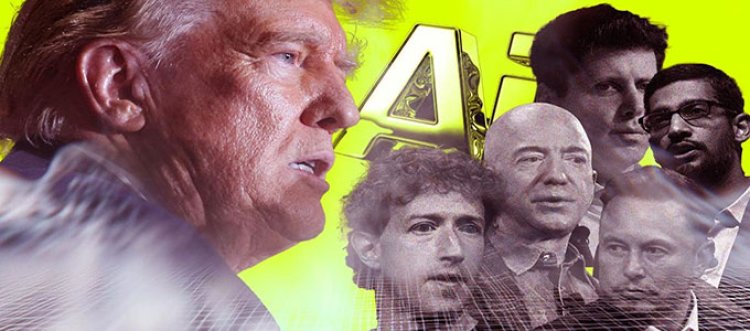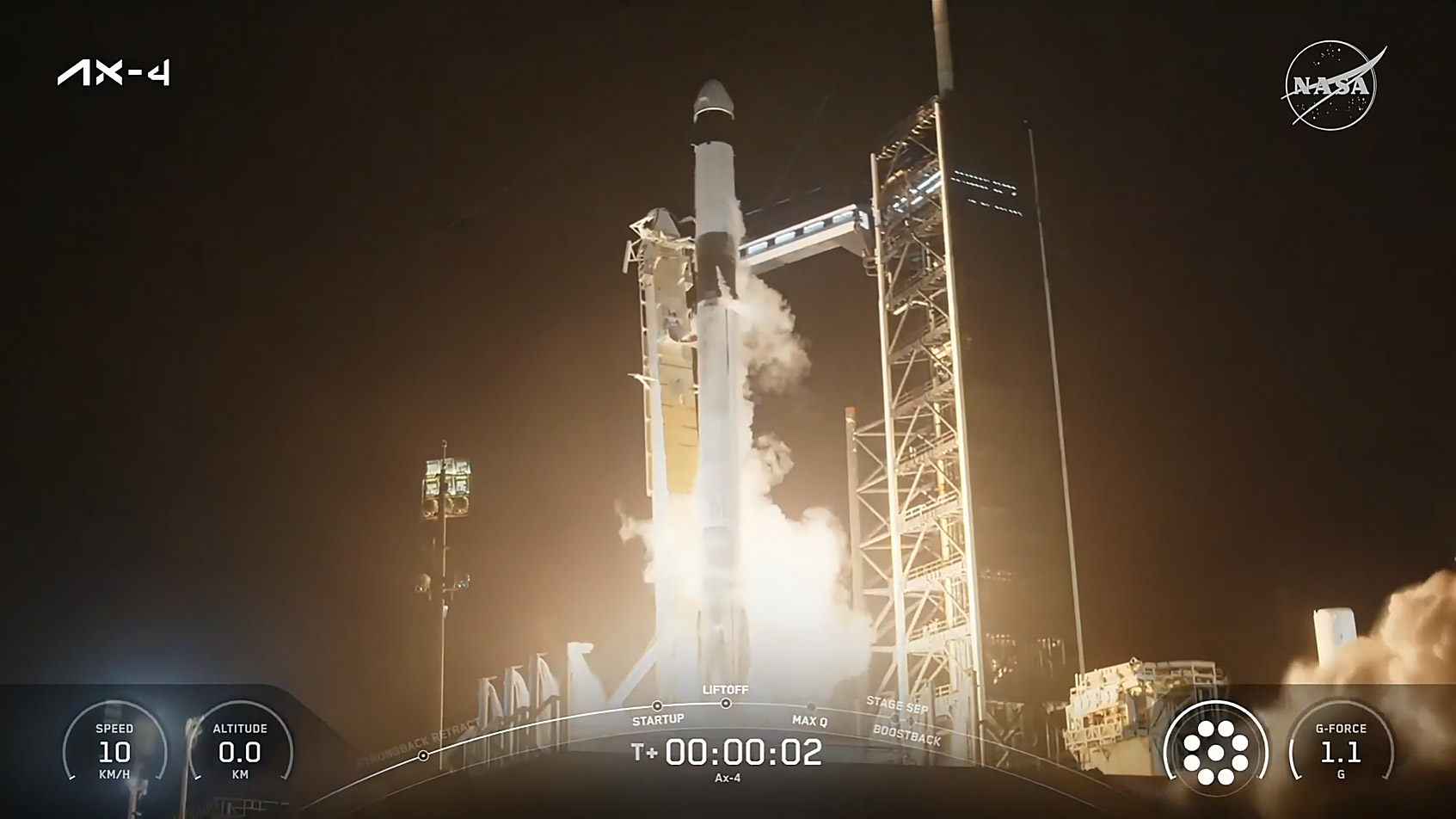Times Are Changing: Once Critical of Trump, Now Major Tech Companies Are Embracing Him
"During my first term, everyone was fighting against me. In this term, everyone wants to be my friend," said Donald Trump, who...

"During my first term, everyone was fighting against me. In this term, everyone wants to be my friend," said Donald Trump, who is now beginning his second term as President of the United States, at the end of last year. He was specifically referring to tech industry giants—and he’s right. But is this new alliance here to stay?
In 2021, immediately after the Capitol riot on January 6, Meta banned Trump's account, and its CEO, Mark Zuckerberg, publicly stated that he "hated" Trump's rhetoric.
Back in October 2016, before Trump entered the White House for his first term, Amazon's CEO Jeff Bezos had said that Trump's behavior toward the press was "destroying our democracy." Prior to that, Bezos had tweeted: "#sendDonaldtospace."
Then there’s Elon Musk, the world's richest person with a fortune of over $400 billion. In 2022, Musk tweeted about Trump: "I don't hate the guy, but it's time for him to hang up his hat and ride off into the sunset."
Fast forward to the end of 2024 and the start of 2025. Musk has now donated a quarter-billion dollars to support Trump's campaign and is essentially living in close association with him, advising him. Zuckerberg is now fully embracing the MAGA crowd, and Bezos is streaming Trump's inauguration on Amazon Prime Video. Oh, and there’s a flattering documentary about Melania Trump.
These tech billionaires have also earned seats of honor at Trump's inauguration. To top it off, Zuckerberg will co-host a black-tie ball with Republican mega-donor Miriam Adelson to honor Trump.
What changed? Just a few years ago, these tech leaders were critical of Trump—so why the sudden shift? Do they genuinely like him now? Perhaps. For example, in November, Bezos told The New York Times that he thinks Trump has "probably matured over the last eight years."
Even so, it’s hard to fully understand why these billionaires are now praising Trump when, during his term, they worked hard to distance themselves from him. Is it just a business move? Or maybe they see something we, the general public, can’t? Have progressive ideas truly taken a backseat in America, pushing them to now align with conservative forces for the foreseeable future?
“Trump won the popular vote, and now he has both the House and the Senate. That’s a significant shift—Trump now has the political power he didn’t have before,” says Daniel Castro, vice president of the Information Technology and Innovation Foundation (ITIF), a think tank that supports major tech priorities.
Castro believes that CEOs of big tech companies can no longer afford to maintain a “centrist or even center-left” stance, at least for now. However, he also adds, “It’s not that I think Silicon Valley was ever really left-wing to begin with.”
This is an important point. Like all large, publicly-facing companies, big tech firms must adjust to political realities, which change regularly in democracies. Otherwise, they risk losing too much.
Of course, Musk’s shift had already begun well before the 2024 election. He has said that for decades he almost exclusively voted for Democrats, but grew frustrated with President Biden over issues like union support and government aid for Tesla—issues that, in Musk’s view, could cost his businesses dearly.
Ryan Broderick, the writer of the web culture newsletter Garbage Day, who recently mocked Zuckerberg for his decision to “end censorship” on Facebook, notes that Musk used to post thoroughly liberal content on social media—pride flags and all. But that has changed. Now, Musk is angered by issues that MAGA supporters are obsessed with—alleged government censorship, the mainstream media, uncontrolled immigration, and woke culture.
Now, he has a platform for all of his antics—X. Again, as Broderick told the BBC, Musk has always been unpredictable and even volatile: “He craves attention and he’s a political chameleon.”
That said, Musk’s erratic shifts suggest that he’ll have to overcompensate on almost everything moving forward. It’s not an appealing trait, and it hints at immaturity.
Still, Musk has so much money that he doesn’t seem to care. But some people do care. For CEOs like Google’s Sundar Pichai or Apple’s Tim Cook, remaining predictable and even politically neutral will likely benefit them with any new administration—especially when it comes to antitrust cases.
Pichai has always referred to Google’s political neutrality in algorithmic outcomes as "sacred," recognizing how important it is not to interfere with it.
And voila—when Trump was asked in October whether he would break up Google’s search engine, he said it would not be in America’s national interest.






















